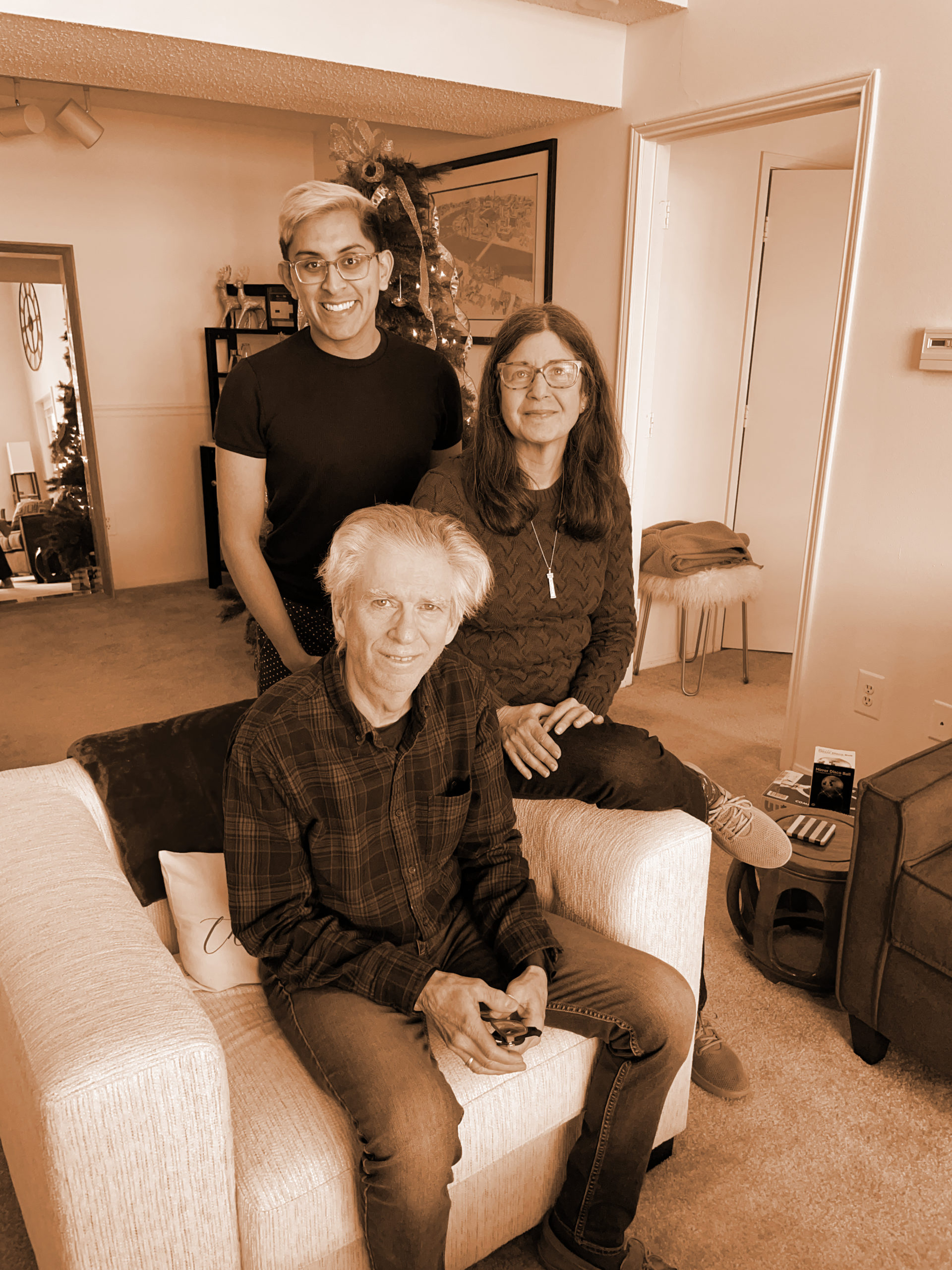By Shari Truitt
“The trouble is, you think you have time.” –Buddha
 When my husband’s health challenges started, long before he received an MSA diagnosis, I started keeping a journal. The daily writing, sometimes pages, sometimes a few scribbled words or a meaningful quote, helped me navigate uncharted waters. It not only helped me remain calm, but helped me frame my questions to a myriad of health care professionals and keep an accurate timeline.
When my husband’s health challenges started, long before he received an MSA diagnosis, I started keeping a journal. The daily writing, sometimes pages, sometimes a few scribbled words or a meaningful quote, helped me navigate uncharted waters. It not only helped me remain calm, but helped me frame my questions to a myriad of health care professionals and keep an accurate timeline.
Those journal entries turned into essays, which then became my first book, Treading Water, which was published this past June. I had no idea how important those entries would become. I thought they would ameliorate my anticipatory grief, that I could compartmentalize it and keep living a full regular life.
That’s not exactly what happened. The more I wrote, the more I realized what a beautiful life we have lived these past four decades, the more I remembered about the past, the more I realized no matter what the future holds, we have been lucky beyond measure. Those are the good days.
On other days the pain is too big to carry. It’s the kind of pain that makes others uncomfortable. It touches the nerve of their own mortality and of those they love. Sometimes even when you make time and space for friends and loved ones to understand what is happening, they fall away. Time is short, you cannot lament friendships lost. There are people and groups out there who understand the nuances of what you are going through. They are waiting to help you.
I did not know this at first. I am a loner. I swim or walk or write when I am troubled. Then I swim again. Deep down though, I knew I needed to connect with like-minded souls. When I found the MSA support group, comprised of both patients and care partners, I felt my blood pressure drop. I don’t post often, but read regularly. The kindness is palpable, the offer of a shoulder to lean on or the sharing of a research source is unparalleled.
I have learned everyone’s journey is different, the combination of symptoms and the rate of progression varies widely. There are always more questions than answers and I have learned to pivot on a dime. I have learned that it is ok not to have all the answers, or to take time to think about how and if you will answer questions. My husband struggles with no longer being an athlete. He takes a long time to tell me he didn’t know when he stopped riding his bicycle two years ago that it was for the last time. My heart hurts. I have no frame of reference for the perseverance and fortitude it takes to be a lifelong athlete. I just hold his hand for a long time before I speak.
When you are a care partner, you walk that path with many others, but your journey is yours alone. Sometimes it’s the smallest fork in the road that leads you to a life completely different than the one you imagined. Be strong. Make the decisions that are right for you and the ones you love.
